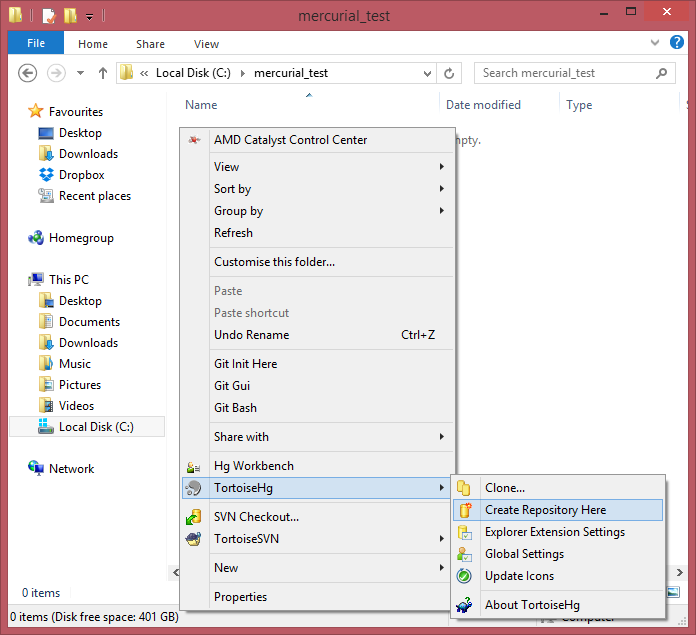
TortoiseHg ¶ UI Language: Specify your preferred user interface language (restart needed) 3-way Merge Tool: Graphical merge program for resolving merge conflicts. The user and repository configuration files may not exist until you runĦ.1.1. Override many configurables per-repository (a common example is toĬonfigure a username for use in a specific repository). (remote repository aliases) and web settings, though it is possible to Global user settings, and only use the repository hgrc to store paths Most TortoiseHg users will want to store all configurables in their The dialog, or directly edit the file in your configured visual editor. You may toggle between the two modes using the combo box at the top of Suggestion by only operating in two modes: Global edits your user Mercurial.ini file Repository edits a repository. The TortoiseHg Settings dialog enforces this Instead, you should makeĬhanges to your user Mercurial.ini and/or the repository That you do not make changes to this file. The site-wide file can be overwritten on upgrades so it is recommended
#Mercurial tortoisehg remove file windows
Mercurial on Windows has a three-tier configuration system.Ĭ:\Program Files\TortoiseHg\Mercurial.ini Since TortoiseHg uses Mercurial’s underlyingĬonfiguration system to store and retrieve its settings, these are That’s pretty much all you need to know to use Tortoise Hg.The Settings dialog is used to configure both TortoiseHg and the But subsequently you can revert to the latest version as well, so this is not too much of an issue. As indicated by the warning, your current file will be overwritten to an older version.You can perform a revert by selecting the Revert option.


Notice that your file has a green tick icon indicating a successful check-in.Mercurial acknowledges the successful commit with the name(s) of the committed files Since this is the initial commit, my comment is simply ‘First Commit’ In the edit box above, you can add a short comment about this commit. Go ahead and mark the check box next to this file This means that this file is not yet under version control Here you can see our newly added file as unchecked. We will be later given a chance to add this file. Let’s skip that and directly perform a commit. Now, you will need to add this new file to your repository. This is a screenshot of a new file that I am editing (using Emacs editor) inside the project folder. These files are not intended to be seen or modified, hence they might be hidden. On some OSes, you might see nothing here. Now, enter the project folder and view the changes.

The defaults in the ‘Create Repository’ dialogs are fine. Simply right-click, and select ‘Create Repository here’ under the TortoiseHg sub-menu:
#Mercurial tortoisehg remove file series
In this screenshot (click for a larger image), I have created a project folder for the purpose of composing this series of blog posts. Installation on Windows is fairly straightforward as it is wizard-based.Ĭreate a new folder for keeping your art assets. There are installables for Windows as well as for Linux. These screenshots were taken on Windows XP, but they will be pretty similar in other OSesĭownload Tortoise mercurial from the Bitbucket site. This will be a fairly simple tutorial to follow as each description is followed by a screenshot. It is commonly referred to as TortoiseHg (the chemical symbol for mercury). The concluding part of this series will be the installation and typical usage of Tortoise Mercurial, a user friendly GUI front-end for Mercurial. Part 1 gives a good introduction to the series which is aimed at technology novices Getting started with Mercurial: A tutorial It highlights the importance of using a version control system as an integral part of one’s creative workflow. Managing Creative Assets is a multi-part series on how you can manage your creative works such as a novel or even blog post without impairing your creativity.


 0 kommentar(er)
0 kommentar(er)
